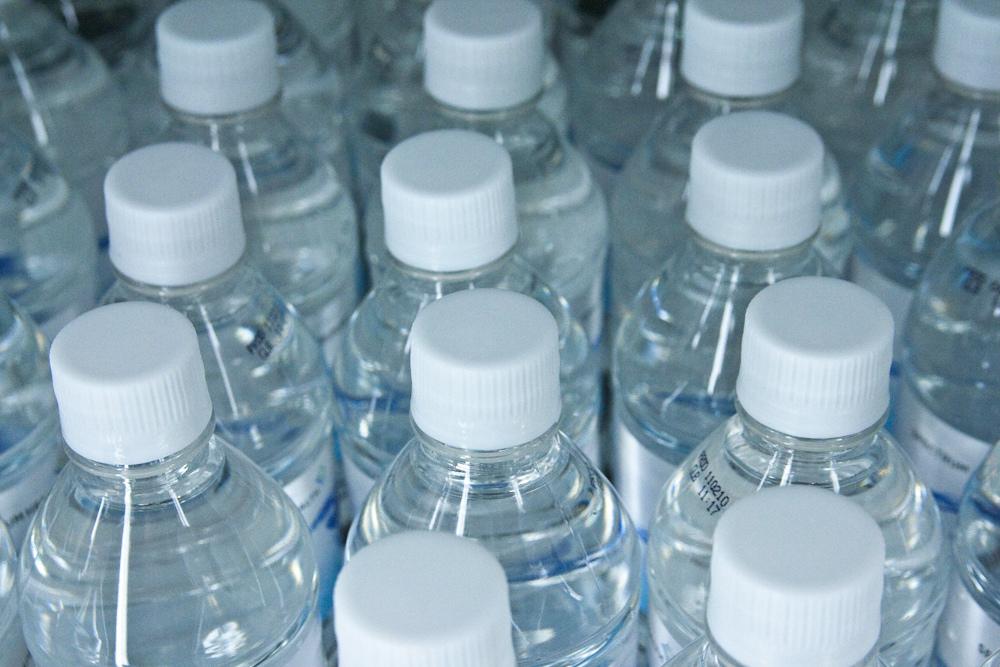This semester, I decided to take Environmental Studies as one of my last science credits. I am not the best at science. It doesn’t strike any interest to me, and it’s easy for me to get confused with the material. So you could say that I wasn’t looking forward to it. Early into the course, it was a surprise to me that there were many topics that grasped my attention, mostly concerning the effects on the environment and human health globally. Learning more about bottled water and the concerns the product has been the most interesting by far.
Bottled water, in my opinion, has always been something we have trusted to be safe and more convenient to drink. Throughout my life, water bottles were a weekly purchase in the Potts household. My mom bought them mostly for convenience due to our busy schedules. This changed when I moved out and started living on my own. Mostly pertaining to money, I felt it was stupid to spend money on something I could get for free. Learning about bottled water in class only made my opinion stronger.
Something that I was unaware of before researching more of this topic was the difference in testing between bottled water and tap water. They are regulated by two different agencies. The Environmental Protection Agency (EPA) is in charge of the tap water and is overall more strict and consistent with testing and requirements compared to the Food and Drug Administration (FDA), who’s in charge of bottled water having a less strict policy by only testing it once a week. I would think, since bottled water is something that is bought, that it would be monitored more closely, but since tap water is more accessible, usually in everyone’s home, this may be the reason why it is regulated better. While humans may encounter effects from drinking water from contaminating bacteria, the environment suffers too.
A huge amount of the bottles containing the water fill up our landfills each year and are thrown away or left to trash our world. To even create bottled water, fossil fuels are released into the atmosphere by companies who produce the bottles.
The solution is simple. When I first started college, I purchased a Nalgene reusable water bottle, more so for using it for my sports club practices multiple times a week. All of my teammates had one, and they explained how it’s just easier to have one to keep hydrated during the day and have it for practice.
When it comes to tap water, people hate it because of the taste, in which I agree on.
Sometimes, depending on where you’re getting it from, you can taste the metallic taste of chlorine, which isn’t too pleasing.
By purchasing a Brita filter, it removes the specific taste and any other toxins that may be present and harmful.
I hope this has opened a new opinion, leading you to think twice next time the opportunity arises with purchasing bottled water. We can all contribute a part into the future of our world for generations to come, and it can all begin by making this small decision.
Courtney Potts is a fifth-year student mjoring in professional studies work with minors in studio art and journalism. She can be reached at CP763356@wcupa.edu.

